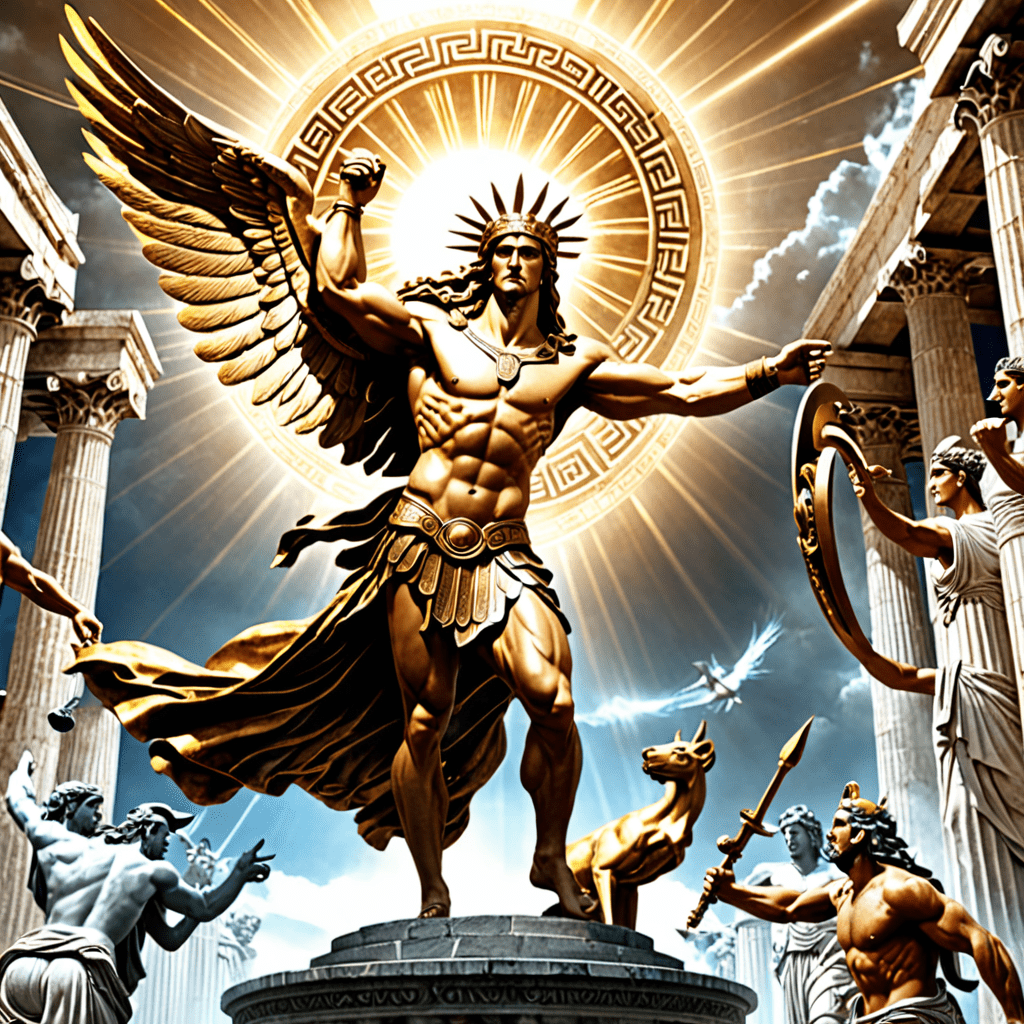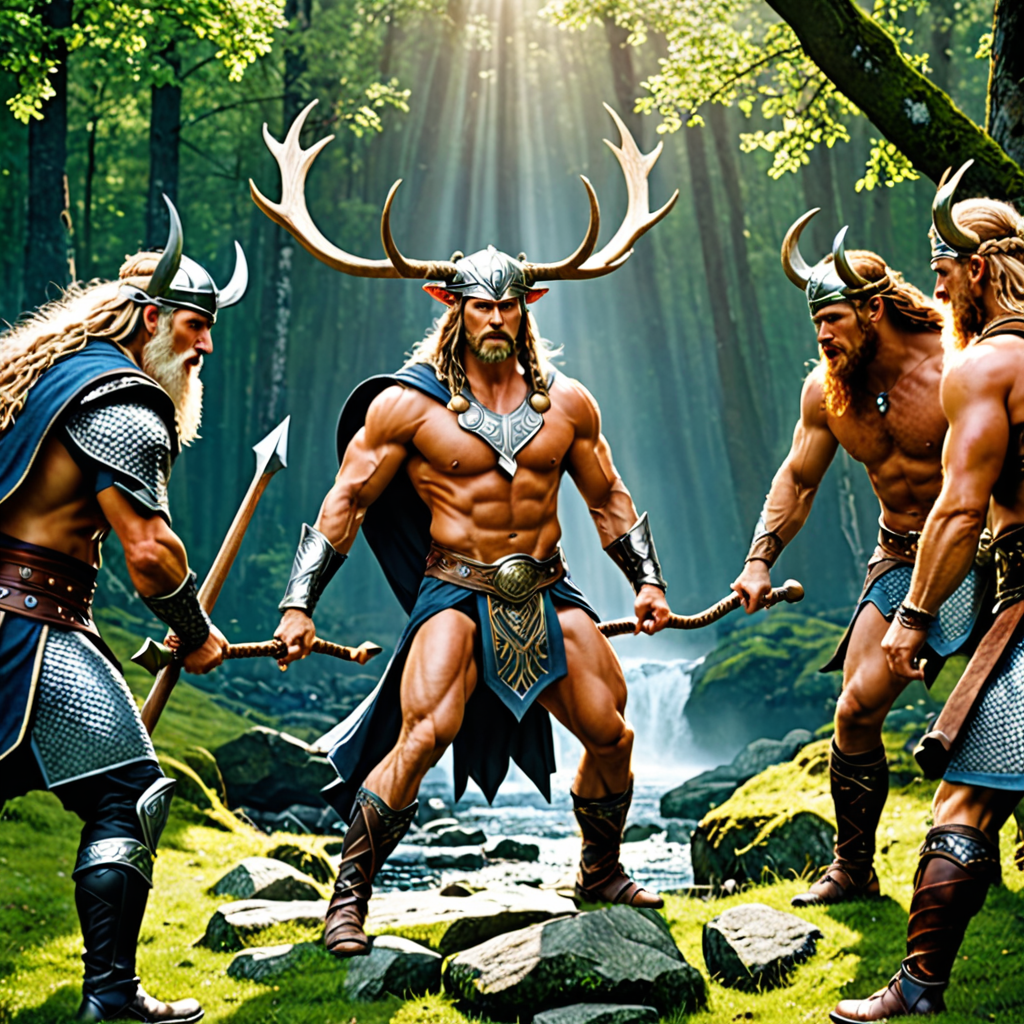Greek Mythology and the Concept of Freedom
The Significance of Freedom in Greek Mythology
In the realm of Greek mythology, freedom was a concept deeply intertwined with the narratives of gods, goddesses, and mortals alike. The dichotomy between fate and free will was a prevalent theme, where individuals often found themselves grappling with the constraints of destiny while striving to assert their autonomy.
Prometheus, the Titan who famously defied Zeus to bring fire to humanity, symbolizes the rebellious spirit against oppression and a desire for freedom. His act of defiance not only brought light and warmth to mankind but also sparked the idea of challenging authority in pursuit of autonomy.
Moreover, characters such as Hercules exemplified the quest for personal freedom through overcoming challenges and adversity. His labors served as metaphors for the inner struggles individuals face on their journey towards liberation and self-determination.
Metaphors of Freedom in Greek Mythology
Greek myths often use symbolism to convey profound truths about freedom. The story of Odysseus’ journey home after the Trojan War encapsulates the longing for freedom and the obstacles encountered in its pursuit. From battling mythical creatures to outwitting gods, Odysseus’ odyssey represents the enduring human spirit that refuses to be chained by circumstances.
Another powerful metaphor is found in the tale of Theseus and the Minotaur. By navigating the labyrinth and slaying the monstrous creature, Theseus emerges as a symbol of courage and liberation, illustrating how confronting one’s fears is essential in attaining freedom.
Lessons on Freedom from Greek Mythology
Greek mythology offers timeless lessons on the nature of freedom. From the daring defiance of Prometheus to the perseverance of Odysseus, these myths teach us that true freedom often requires courage, resilience, and a willingness to challenge the status quo.
One crucial lesson from Greek mythology is the inherent value of free will. Despite the influence of fate and prophecy, characters like Oedipus demonstrate the consequences of personal choices and the agency each individual possesses to shape their destiny.
Overall, Greek mythology serves as a rich tapestry of narratives that explore the complexities of freedom. Whether through the trials of heroes or the defiance of deities, these stories continue to resonate with audiences today, inviting reflection on the enduring quest for liberty and self-determination within the human experience.
The Legacy of Freedom in Greek Mythology
The legacy of freedom in Greek mythology endures as a timeless reminder of the eternal struggle for autonomy and the indomitable spirit of individuals to break free from constraints. By delving into these ancient tales, we glean insights into the multifaceted nature of freedom and the enduring quest for liberation that resonates across cultures and generations.
FAQs About Greek Mythology and the Concept of Freedom
What is Greek Mythology?
Greek mythology comprises the collection of myths and stories belonging to the ancient Greeks. These myths often revolve around gods, goddesses, heroes, and mythical creatures and play a significant role in understanding the ancient Greek culture and beliefs.
How is the Concept of Freedom Portrayed in Greek Mythology?
In Greek mythology, the concept of freedom is often intertwined with ideas of fate, destiny, and the limitations imposed by gods or supernatural forces. Heroes like Prometheus, who defied the gods to bring fire to humanity, symbolize the struggle for freedom against oppressive powers.
What Role do Gods and Goddesses Play in the Notion of Freedom in Greek Mythology?
Gods and goddesses in Greek mythology often represent different aspects of power, control, and authority. Some deities support freedom and individuality, while others enforce rules and restrictions. The interactions between mortals and immortals often highlight the complexities of freedom within the divine order.



